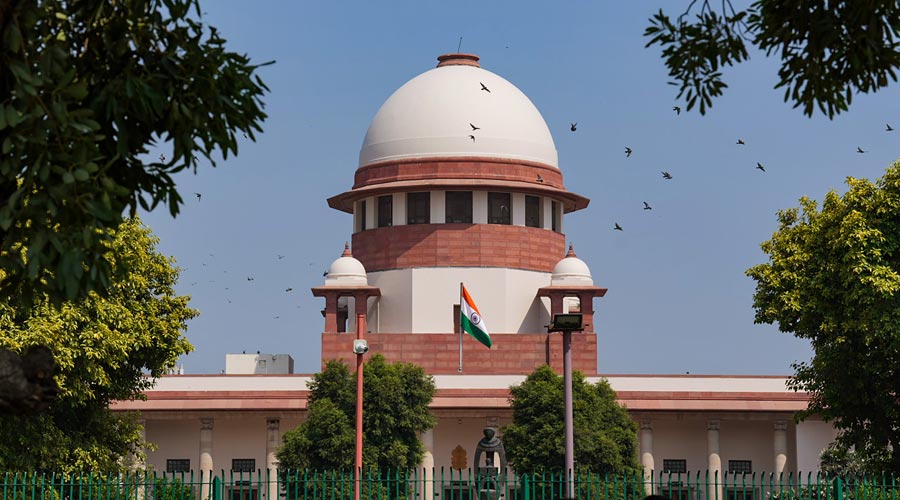Nithyakalyani Narayanan. V
The Supreme Court sought a response on the application of the Romeo-Juliet law that protects the boy from arrest if his age is not more than four years from that of the girl.
Advocate Harsh Vibhore Singhal filed a PIL that asks for a directive to decriminalise consensual teenage sex. The plea claimed that millions of minor girls and major boys engage in consensual sexual relations, but the boy gets arrested for statutory rape if the girl gets pregnant and the parents report complaints to the police.
The PIL read that adolescents who are above 16 years possess “physiological, biological, psychological and social capacities, competence to assimilate and evaluate information to understand and comprehend risks, freedom to make informed choices to convey affirmative decisions or otherwise, and have the agency and decisional/bodily autonomy to fearlessly, freely and voluntarily do what they wish to do with their bodies”.
A bench comprising Chief Justice D Y Chandrachud and Justice J B Pardiwala and Justice Manoj Misra issued notices to Union Ministries of Law and Justice and the Home Affairs and other statutory bodies including the National Commission for Women.
Under the POCSO Act, consent of minors is irrelevant and any consensual activity is termed as sexual assault. Under Section 375 of the Act, sex with a girl below 16 years is considered rape even if it was consensual.
The Romeo and Juliet law provides some degree of protection to offenders of statutory rape laws where the minor has consented to sexual intercourse, and where the age difference between the minor and the alleged offender is within four years. Before this law, rape charges use to get imposed in case of teen sex only if the boy was an adult.
Since 2007, multiple countries have adopted the Romeo-Juliet Law which protects the boy’s arrest if his age was not more than four years from that of the teen girl.
The Bench observed that “This grey area of law, a legislative vacuum, needs to be filled by guidelines on how statutory rape laws would operate by assessment of consent of 16+ to 18-year-olds before indicting the consenting adults”.


